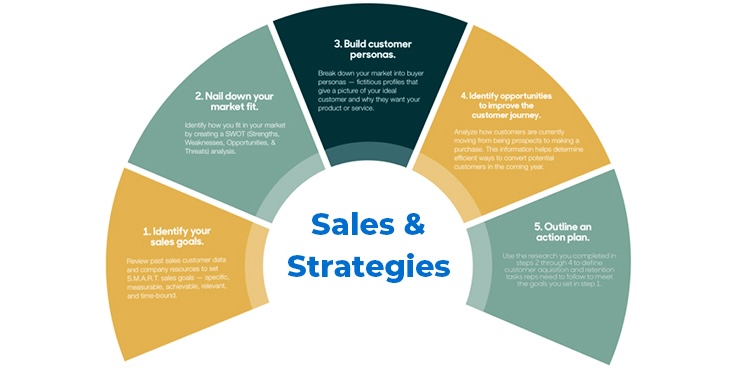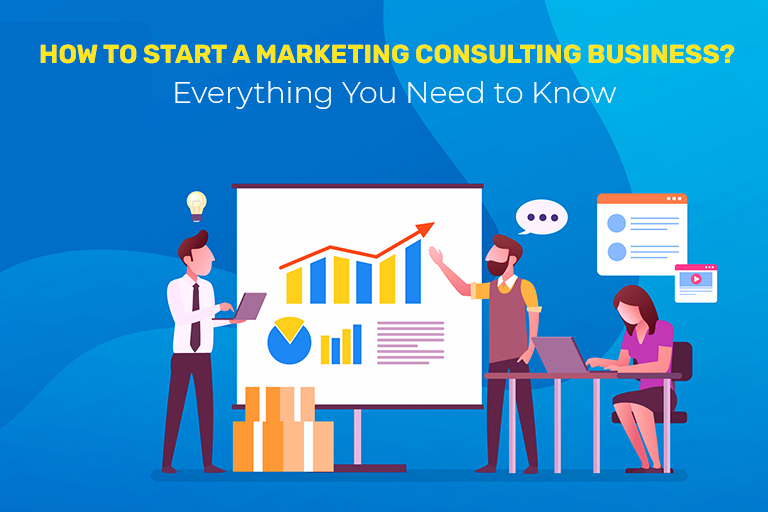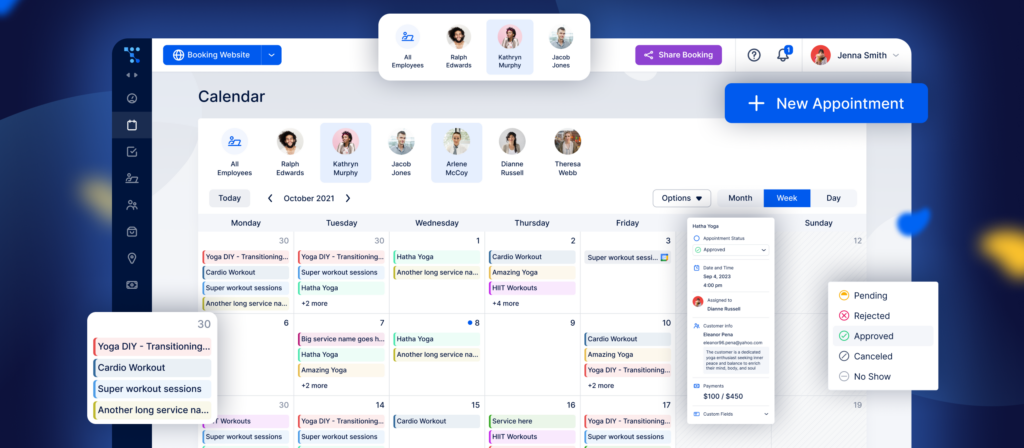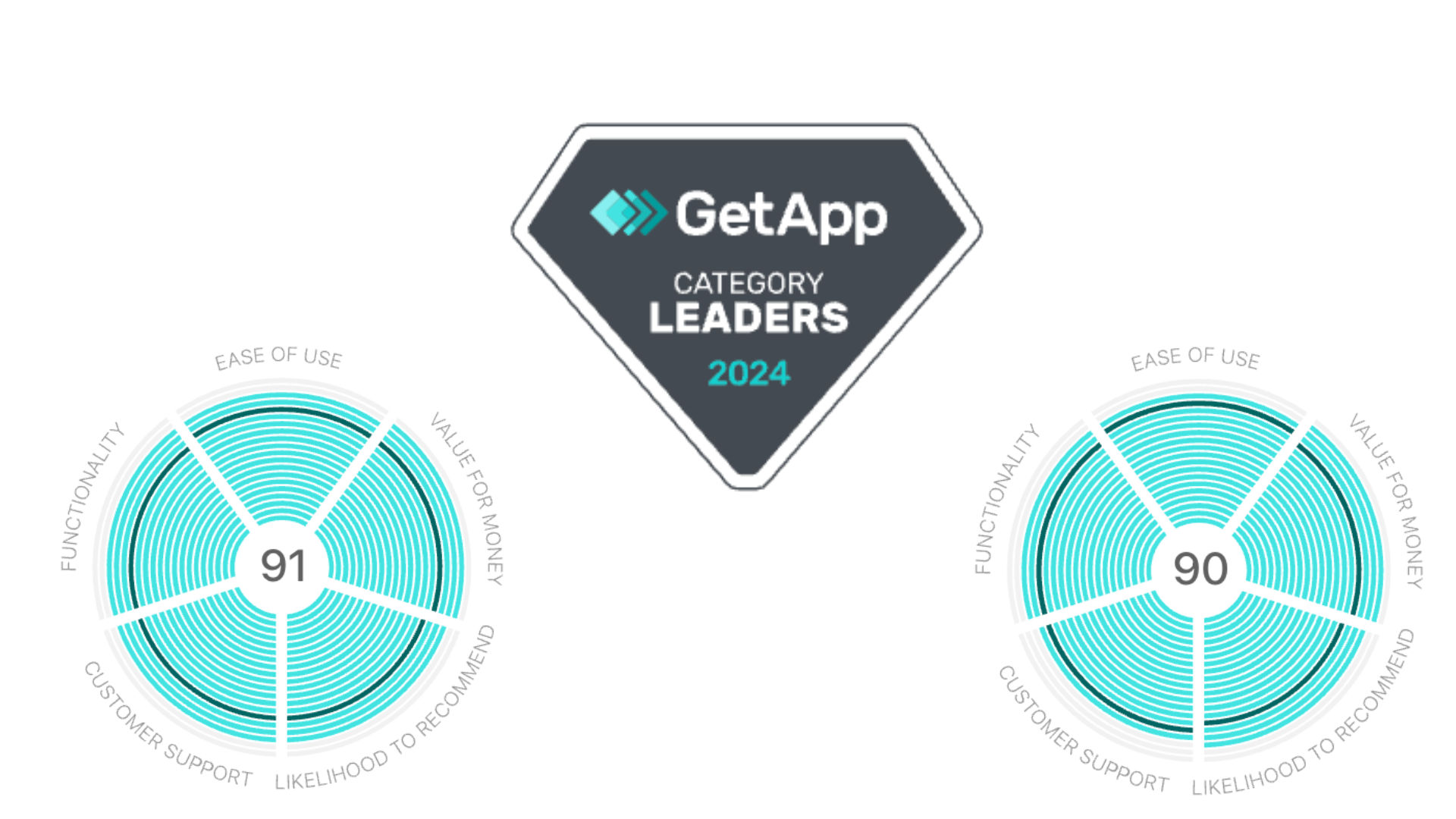Without marketing, businesses and organizations struggle to survive, especially in highly competitive environments. Marketing helps companies enhance their visibility and distinguish themselves from competitors, driving the demand for marketing consultants.
Becoming a marketing consultant is highly rewarding, as it involves a deep understanding of customer motivations and the development of effective strategies to help businesses reach their audiences more effectively.
Here are the essential steps on how to start a marketing consulting business and be successful.
What Does a Marketing Consultant Do?
1. Determine your expertise
The first and most crucial step in starting your marketing consulting business is to determine your expertise. Specializing in areas such as marketing automation, brand marketing, optimization, or media can help you stand out and target your self-marketing efforts effectively.
Experts recommend narrowing your expertise as it is key to success. It adds value to your audience and helps build a strong reputation. When choosing a specialty, you can either offer a specific set of advisory services or focus on a single industry. For example, you might specialize in marketing automation or tailor your services to the healthcare sector.
2. Develop your business plan
Once you’ve finalized your niche, the next step is to develop your consulting business plan. Analyzing your competitors within your chosen niche will provide valuable insights into their offerings and strategies. Your business plan should include the following components:
- Executive Summary: Describes your business.
- Overview and Objectives: Defines the goals and needs of your business.
- Services: Details the services you offer to clients.
- Marketing Plan: Outlines strategies to market your business and services.
- Competitive Analysis: Provides an overview of your competitors.
- Operations: Describes daily business processes and procedures.
- Financial Analysis: Includes budgeting, profit margins, and expense requirements.
Consider developing a mobile application for your business to provide an easy user interface for customers to access your services. Many mobile application development agencies can collaborate with you to create quality apps that meet your industry’s demands.
Staying ahead in the competitive landscape involves adapting to mobile app development trends. Leveraging the convenience and accessibility of apps can enhance engagement and drive business growth.
3. Create a portfolio of work
If you’re looking to become a marketing consultant, creating a solid portfolio is essential for adding value to your business and making a strong, lasting impression on potential clients. An effective marketing portfolio should include:
- Previous Marketing Campaigns: Highlight past campaigns and analyze their success.
- Service Offerings: Showcase your services, emphasizing those that are cost-effective and offer discounts.
- Client Savings: Highlight areas where your clients can save money.
Additionally, consider including a marketing video in your portfolio to capture the attention of a broader audience.
4. Build your client base
Building a robust client base is essential for the long-term success of your business. Just think about it – how can you start a marketing consulting business (or any other business, for that matter) without clients?
Social media platforms are one of the most effective ways to expand your network and get more clients. Create a professional-looking page and connect with potential clients and industry professionals. Additionally, develop a website to showcase your services and highlight your participation in relevant events, both online and offline. Incorporating positive testimonials can further enhance trust and credibility within your network.
5. Ensure compliance with legal and regulatory requirements
Before starting your marketing consulting business, it’s crucial to follow legal rules. This means registering your business, getting licenses, and obeying industry laws. Research what laws apply to your area and ask for help if you’re unsure. Following these rules protects your business and builds trust with clients. It shows you’re serious about doing things the right way, especially in areas like marketing data compliance and privacy, which are critical for maintaining credibility and avoiding legal penalties. Stay updated on any changes to laws so you can keep your business legal. By handling legal matters properly, you set your marketing consultancy up for success and growth.
6. Implement time-saving technology and tools
Using the right technology and tools can make your marketing consulting business work better and faster. Think about using booking software, analytics tools, and marketing automation software. These tools can make things easier, help you manage clients better, and give you helpful information to make decisions. By using these tools, you can save time and do your job more effectively.
Streamline Your Marketing Consulting Business with Trafft
Start Your Consulting Journey with Trafft
Experience the benefits of Trafft’s booking software as you embark on your marketing consulting journey.
Sign up for a free trial or schedule a demo today to see how Trafft can support your business growth from the very beginning.
8. Embrace continuous learning and professional growth
Ongoing learning and professional development are vital, especially in the field of marketing. Make sure you’re always learning about new trends, technologies, and the best ways to do things by going to workshops, conferences, and networking events. Think about getting certifications or doing extra training to get better at what you do. By staying up-to-date and constantly improving your skills, you’ll be better equipped to meet the demands of your marketing consulting business and provide top-notch service to your clients.
9. Be prepared to scale your business
How to build your brand?
Establishing a strong brand presence is crucial once you decide to become a marketing consultant. To ensure the success of your business, focus on building your brand through the following steps:
- Create a Unique Value Proposition: Set yourself apart from competitors by developing a unique value proposition. Identify what makes your services valuable to your target audience, whether it’s your innovative approach, exceptional customer service, or expertise in a niche market.
- Construct Your Brand Identity: Develop a cohesive brand identity that encompasses visual elements, messaging, and overall personality. Create an eye-catching brand name, logo, tone of voice, and color scheme that align with your brand values and resonate with your target audience.
- Establish Your Online Presence: A solid online presence is essential for success. Showcase your services, expertise, and positive testimonials on your website and social media platforms such as Twitter, Instagram, and LinkedIn. Engage with your audience by sharing valuable content and interacting with potential clients.
- Networking and Relationship Building: Elevate your brand reputation by building strong relationships with clients, influencers, and industry professionals. Attend industry events, networking meetups, and conferences to connect with potential clients and establish your presence in the industry.
Bonus: Tips for planning effective marketing sales and strategies

Effective marketing sales and strategies are essential for the success of any business. A marketing strategy serves as a roadmap to achieve your business goals, guiding decisions on brand positioning, customer outreach, marketing expenditure, and advertising preferences. Here are some top tips to help you plan your marketing sales and strategies once you decide to start a marketing consulting business:
Develop a marketing plan
To kickstart your marketing efforts, the first step is to develop a comprehensive marketing plan.
Begin by defining your strategy, which involves asking yourself key questions such as what resources you’ll need, what value you offer, your vision, goals, target audience, preferred channels, and timeline. Addressing these aspects ensures that you plan with clear objectives in mind and have the necessary resources and time to execute your strategy effectively.
Identifying your target market is essential before drafting your plan. Take the time to understand the market and niche you’ve chosen. Target specific demographics or age groups, and delve into their challenges and needs. Understanding your audience enables you to tailor your marketing approach to address their pain points effectively.
Moreover, analyzing your competitors is crucial for crafting a unique strategy. Study their strategies, services, and offerings, and observe how they engage with their audience. Identify their strengths, weaknesses, and any gaps in their approach. This insight helps you develop a distinct strategy that sets you apart from the competition.
Once you have a clear understanding of your objectives and competitors, it’s time to outline your plan of action. Define your goals, brainstorm tactics, select the most effective ones, and establish a timeline for implementation.
Leverage digital marketing channels
To effectively reach your target audience, it’s essential to leverage various digital marketing channels. Begin by creating a comprehensive blueprint of all the channels available to you. These channels serve as vital platforms for promoting your consulting business and engaging with potential customers. Consider utilizing the following three digital marketing channels to maximize your outreach:
- Social Media: Platforms like Facebook, Twitter, and LinkedIn play a crucial role in any business’s marketing strategy. Understand your audience’s online behavior and tailor your content to resonate with each platform’s unique audience. Crafting a thoughtful content strategy will help you engage with your audience and drive meaningful interactions.
- Email Marketing: Email marketing remains a potent tool for small or startup businesses. Whether through newsletters, promotional campaigns, or drip campaigns, email allows you to connect directly with your audience, driving engagement and prompting action from recipients.
- Mobile Marketing: With the rising prevalence of mobile devices, mobile marketing has become increasingly important. However, it’s essential to approach this channel thoughtfully to avoid being intrusive. Opt for strategies such as push notifications, which empower consumers to control their level of engagement with your brand while still allowing you to deliver targeted messages effectively.
Harness the power of word-of-mouth referrals
Referral marketing is gaining traction as an effective strategy for businesses looking to expand their customer base, build credibility, and boost brand visibility. By encouraging word-of-mouth referrals, you can leverage the trust and satisfaction of your existing customers to attract new clients. Satisfied customers become enthusiastic brand advocates, spreading positive recommendations to their network. This organic approach not only helps in acquiring new customers but also fosters a strong sense of trust and loyalty within your community. Referral marketing serves as a powerful tool for businesses seeking sustainable growth and long-term success.
Craft effective sales and client acquisition strategies
Creating robust sales and client acquisition strategies is crucial for the success of your marketing consulting business. Client acquisition, the process of acquiring new clients, requires a well-thought-out approach aimed at persuading your target audience to engage with your services. It’s essential to continuously refine and adapt your strategies to meet the evolving needs of your audience and the changing landscape of the market. Tailor your acquisition tactics to suit different platforms and channels, ensuring a diverse and effective outreach. By developing and implementing effective sales techniques and client acquisition strategies, you can attract and retain valuable clients, driving growth and success for your business.










